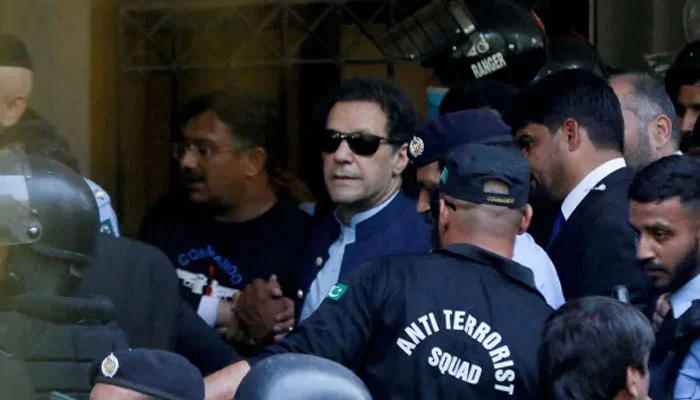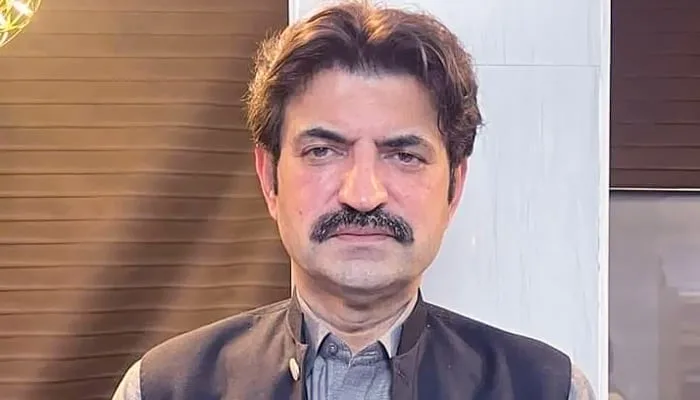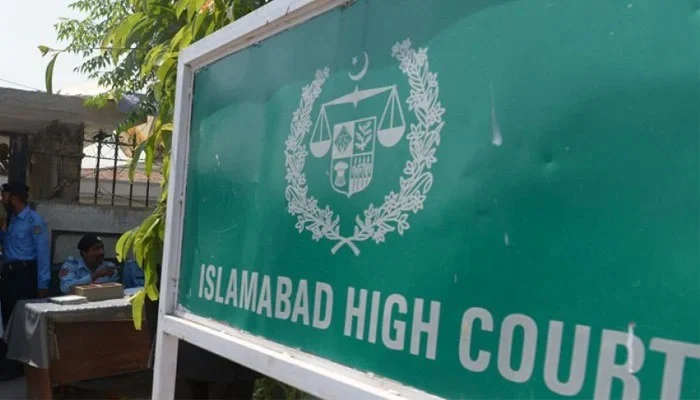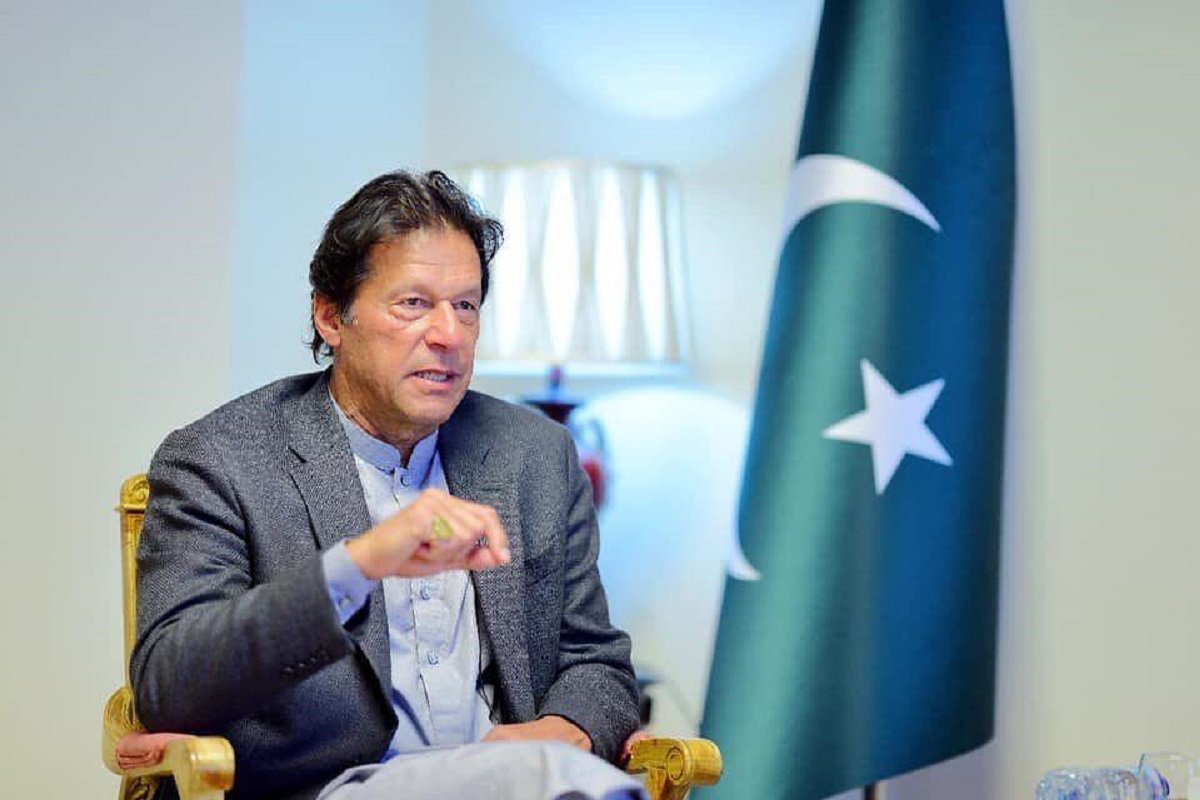In a significant move, the Pakistan Tehreek-e-Insaf (PTI) has announced its intention to challenge the decision of the Election Commission of Pakistan (ECP), asserting that the commission’s move to declare intraparty elections as null and void aligns with their expectations. The ECP’s decision specifically implicated PTI and its chairman, casting them out of the electoral process, alleging a conspiracy to manipulate elections.
The Election Commission’s decision revealed a purported plot to sideline PTI and its chairman from the electoral landscape, asserting that the party leadership, which was ostensibly ousted, still remains in control. The PTI spokesperson emphasized that the authority retained by the party’s leadership remains intact, reinforcing their commitment to democratic processes.
The opponents’ aspirations to marginalize or extract a symbolic surrender from the PTI chairman will never come to fruition. Following a comprehensive assessment of the decision, the PTI spokesperson outlined a robust strategy that involves navigating constitutional, legal, and political avenues to contest the ruling.
The PTI spokesperson clarified that the party had not raised any objections regarding the commission’s notes on the alleged unconstitutional nature of the intraparty elections. This indicates a distinction between the PTI’s acceptance of scrutiny on procedural matters and its firm stance against any attempt to undermine the party’s democratic practices.
In the coming days, the PTI is poised to mount a vigorous legal and political defense against the Election Commission’s decision. This move reflects the party’s commitment to upholding democratic norms and contesting any perceived encroachment on its internal affairs. The PTI remains steadfast in its belief that the intraparty elections were conducted within the bounds of legality and fairness.
As the political landscape evolves in response to the ECP’s decision, the PTI’s challenge adds a new dimension to the ongoing political discourse in Pakistan. The outcome of this legal and political maneuvering will undoubtedly shape the future trajectory of the PTI’s internal governance and its standing in the broader political arena.



